Buy Evermil : Everolimus 10 Mg Tablets Online
$81.48
Brand Name : Evermil
Composition : Everolimus
Manufactured by : Glenmark (Onkos) Pharmaceuticals Ltd.
Strength : 10 mg
Form : Tablets
Packing : Pack of 10 Tablets
Prescription Required *
Evermil is a medication used to treat certain types of cancer, such as renal cell carcinoma and breast cancer. The active ingredient in Evermil is Everolimus, which works by blocking the action of an enzyme called mTOR, which is involved in the growth and spread of cancer cells. Evermil is manufactured by Glenmark (Onkos) Pharmaceuticals Ltd. and is available in the form of tablets in a pack of 10 tablets, with a strength of 10 mg.
HOW TO USE:
This medication should be taken orally, usually once a day at the same time each day, with or without food. The dosage and frequency of administration will be determined by your doctor based on your medical condition and response to treatment. Swallow the tablets whole with a glass of water, do not crush, chew or break the tablets.
Storage Conditions:
Evermil should be stored at room temperature, away from light and moisture. Keep it out of reach of children and pets. Do not store the medication in the bathroom.
Mechanism of action:
Everolimus works by inhibiting the action of an enzyme called mTOR, which regulates the growth and division of cells, including cancer cells. By blocking mTOR, Evermil slows down or stops the growth and spread of cancer cells. This medication helps to slow down the rate at which cancerous cells multiply and grow, thus preventing the cancer from getting worse.
Precautions:
Before starting treatment with Evermil, it is important to inform your doctor if you are allergic to any medication, have a history of liver or kidney problems, high cholesterol, or diabetes. This medication may cause increased blood sugar levels in some patients, so the doctor may monitor your blood sugar levels regularly.
Contraindications:
Evermil is contraindicated in patients who are allergic to Everolimus or any other ingredients of the medication. It is not recommended for use in pregnant or breastfeeding women.
Drug Interactions:
Evermil may interact with other medications, including antifungal medications, antibiotics, and other cancer medications. Inform your doctor of all medications you are taking to avoid any potential drug interactions.
Overdose:
In case of an overdose, seek immediate medical attention. Symptoms may include dizziness, fainting, and increased heart rate.
Side effects:
Side effects of Evermil may include nausea, vomiting, diarrhea, fatigue, rash, and mouth sores. Serious side effects may include infections, lung or liver problems, and high blood sugar levels. If you experience any side effects, notify your doctor immediately.
Be the first to review “Buy Evermil : Everolimus 10 Mg Tablets Online” Cancel reply
Related products
Anti Cancer
Anti Cancer
Anti Cancer
Anti Cancer
Anti Cancer
Anti Cancer


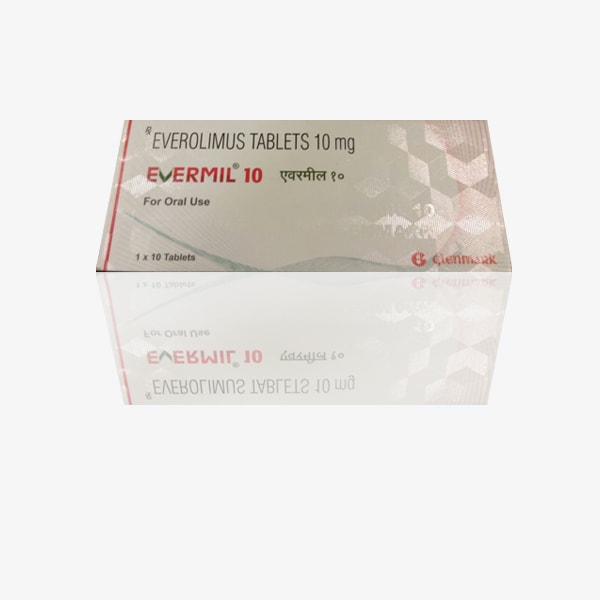


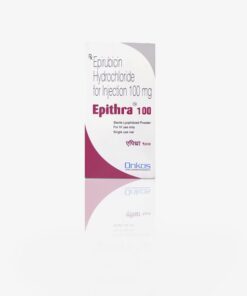
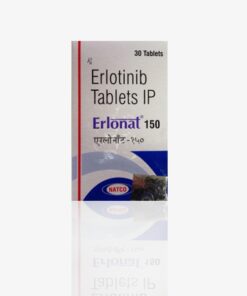
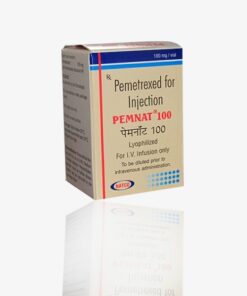
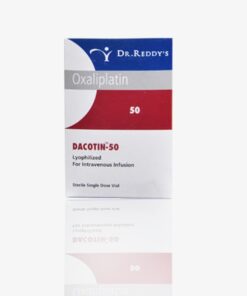
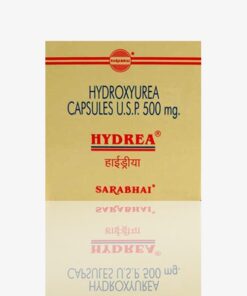
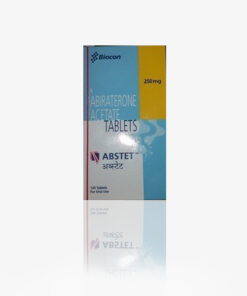
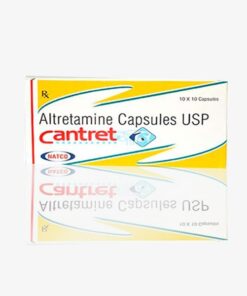
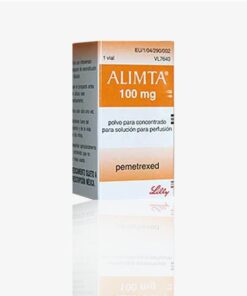
Reviews
There are no reviews yet.